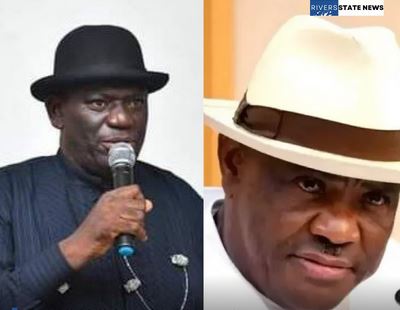
WASHINGTON , March 31, 2025 /PRNewswire/ -- Today, U.S. Rep.
Mark Harris (R-NC 8) and Sen. James Lankford (R-OK), leading a bicameral coalition of Republicans, introduced the "Free Speech Fairness Act." If enacted into law, it would restore free speech and religious liberty to churches and other nonprofits by allowing them to make political statements, so long as they are made in the ordinary course of the organization's regular and customary activities in carrying out its exempt purpose, and any expenditures related to this are de minimis.

Family Research Council President Tony Perkins released the following statement endorsing the bill on its introduction: "For nearly two decades, Family Research Council and FRC Action have sought to repeal the Johnson Amendment, which has been used to intimidate pastors and censor the pulpit. Pastors should be free to speak from a biblical perspective on cultural issues and candidates—censorship of free speech should never occur. This is why I wholeheartedly support the Free Speech Fairness Act.
" "I want to thank Congressman Mark Harris and Senator James Lankford for re-introducing this vital legislation—previously championed by House Majority Leader Steve Scalise , House Speaker Mike Johnson , and former Congressman and current FRC Action President Jody Hice ." Jody Hice , President of FRC Action, who sponsored the legislation when serving in Congress, stated, "The First Amendment guarantees every American the right to free speech and free practice of religion. It is the very bedrock of our republic; the federal government has no authority to infringe upon those rights simply because one has entered a house of worship.
For decades, however, an unconstitutional provision in the U.S. Tax Code called the Johnson Amendment has silenced religious leaders from speaking openly from the pulpit.
" "As a pastor before coming to Washington , I was personally harassed by the IRS. My church's tax-exempt status was threatened because I dared to preach openly on political issues important to my congregation. Our Founding Fathers left us unalienable rights to be enjoyed – and defended," Hice concluded.
SOURCE Family Research Council.















